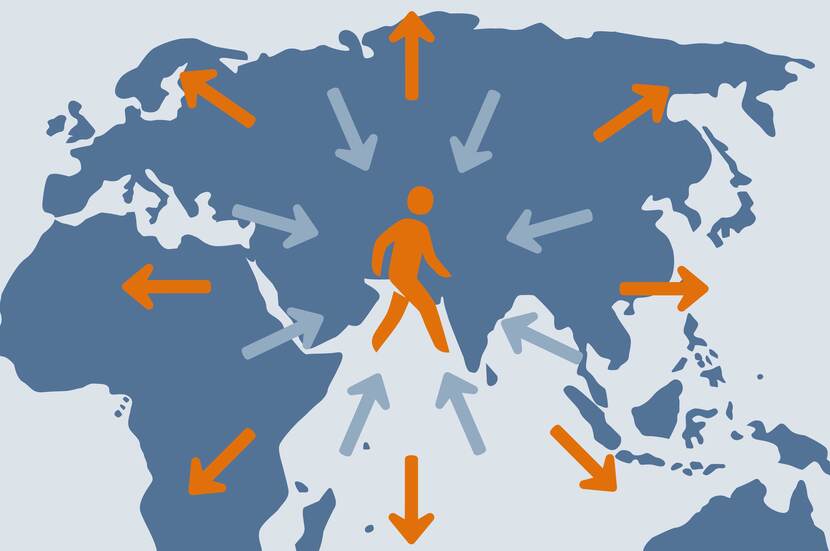The government puts Dutch interests at the heart of its development policy. In this way it supports the countries and people who need it most and works on issues that are important to the Netherlands: trade, security and migration. By doing what the Netherlands is good at: water management, food security and health.







